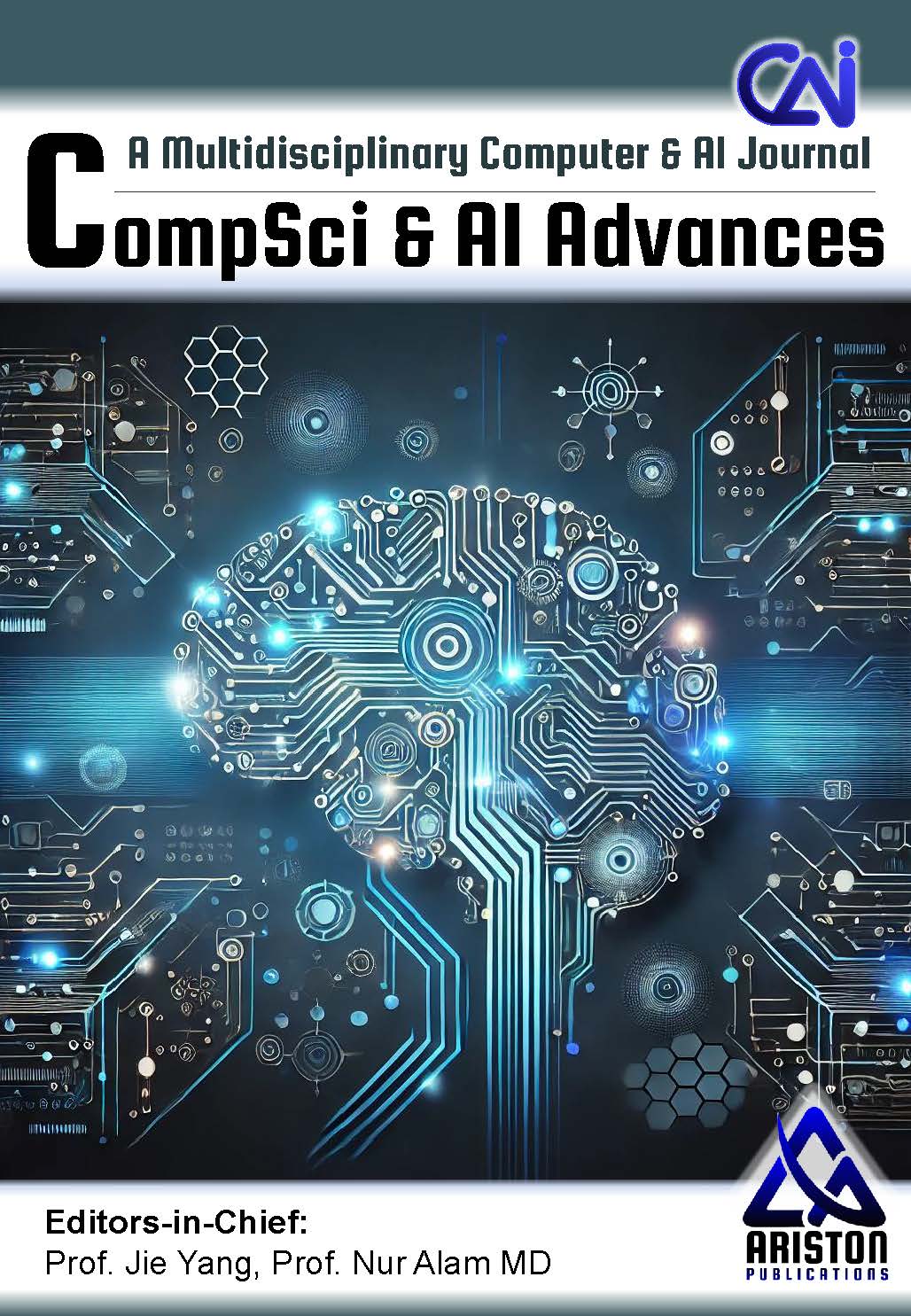Paulchamy B., V. Suresh Babu, A. Purushothaman, Uma Maheshwari, Anbu Karuppusamy, Mohammad Anas, Md. Tabrez Nafis
1 Hindusthan Educational Institutions, Avinashi Road, behind Nava India, Coimbatore, Tamil Nadu 641028, India
2 Computer Science and Engineering, Sri Shanmugha College of Engineering and Technology, Sankari, Salem, India.
3 Department of ECE, Hindusthan Institute of Technology, Coimbatore, India
4 Excel Engineering College (Autonomous), Nh-47, Salem Main Road, Komarapalayam, Namakkal-Dt. Tamil Nadu, India.
5 Department of Computer Science and Engineering, School of Engineering Sciences and Technology, Jamia Hamdard, New Delhi, 110062, India.
* Author to whom correspondence should be addressed:
dr.purushothaman@hit.edu.in (A. Purushothaman)
umamaheshwari@hit.edu.in (Uma Maheshwari)
ABSTRACT
Recent advancements in healthcare have highlighted the need for innovative solutions to improve patient outcomes. Traditional health information systems often struggle with processing and analyzing the vast amounts of data generated in healthcare settings. Deep learning technology offers a solution by automatically extracting valuable insights from complex data. NeuralHealth is a pioneering approach that integrates deep learning into health information systems. It gathers data from diverse sources, including electronic health records, medical imaging, genetics, and wearable devices. This data is preprocessed and organized for compatibility with deep learning methods. NeuralHealth uses recurrent neural networks (RNNs) to analyze the data and generate insights that support applications such as medical diagnosis, treatment planning, predictive analytics, and personalized medicine. Preliminary studies and clinical trials show that NeuralHealth improves healthcare outcomes by diagnosing diseases, predicting patient risks, and recommending personalized treatments. It has also increased patient satisfaction, reduced diagnostic errors, and streamlined healthcare delivery. The system’s scalable and flexible deep learning architecture enables its adaptation to various healthcare environments, making NeuralHealth a transformative tool in health information technology.

Significance of the Study:
This study is significant as it demonstrates how integrating advanced deep learning models into healthcare systems can address challenges such as data overload, diagnostic inaccuracies, and inefficiencies in care delivery. By leveraging cutting-edge technologies, it enhances Health Information Management (HIM), enabling real-time monitoring, predictive analytics, and personalized treatment plans. The secure and scalable architecture ensures adaptability across diverse healthcare environments, fostering improved patient outcomes, operational efficiency, and data security, ultimately transforming healthcare delivery worldwide.
Summary of the Study:
This study explores NeuralHealth, a pioneering approach to integrating deep learning into health information systems. By analyzing complex datasets from diverse sources using advanced neural network architectures, NeuralHealth enhances diagnostic accuracy, predicts risks, and personalizes treatments. Preliminary results reveal improvements in patient outcomes, reduced diagnostic errors, and streamlined care delivery. With scalable, privacy-focused frameworks, the study highlights the potential of deep learning to revolutionize healthcare, offering transformative solutions for data management and clinical decision-making.
